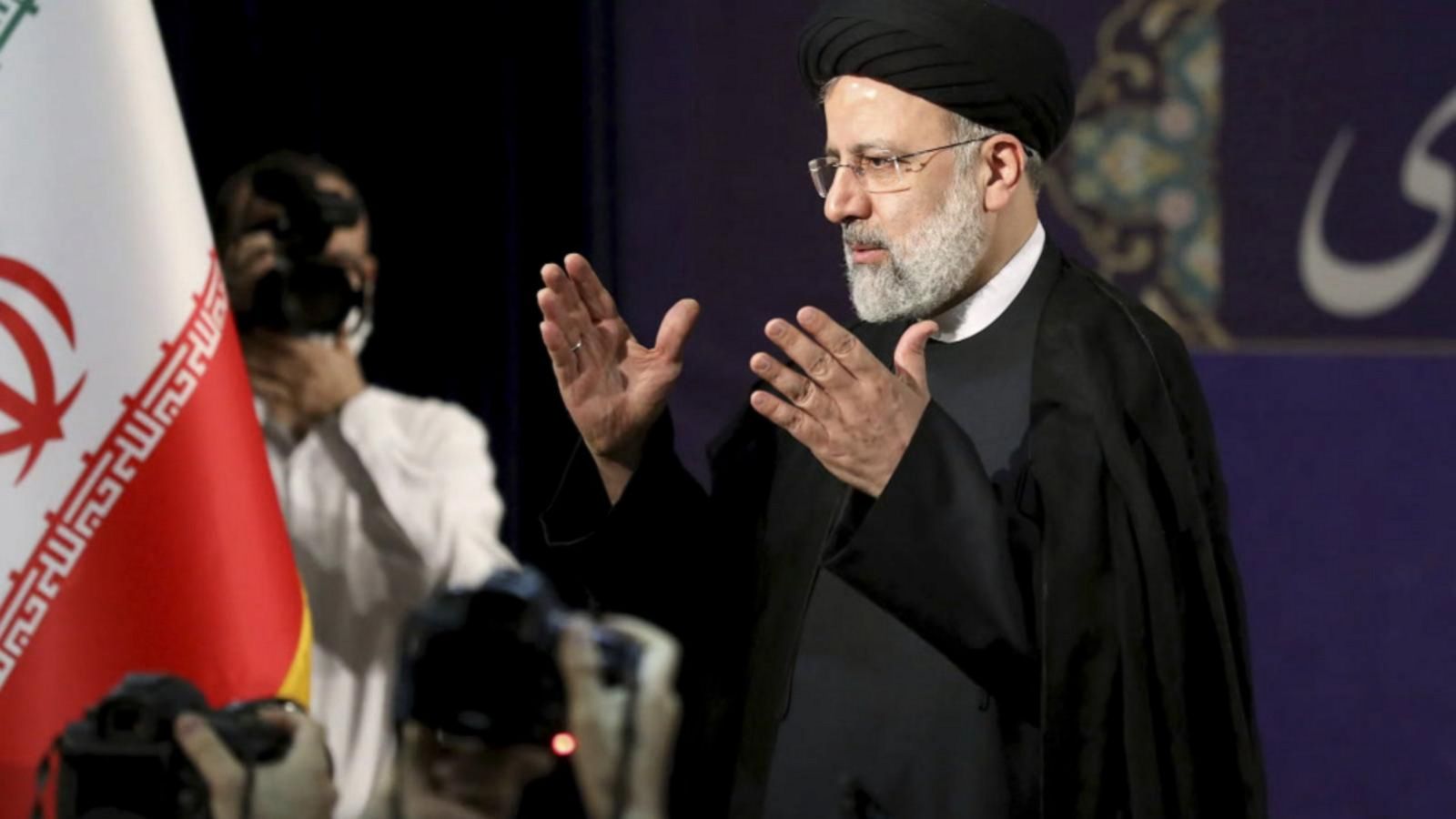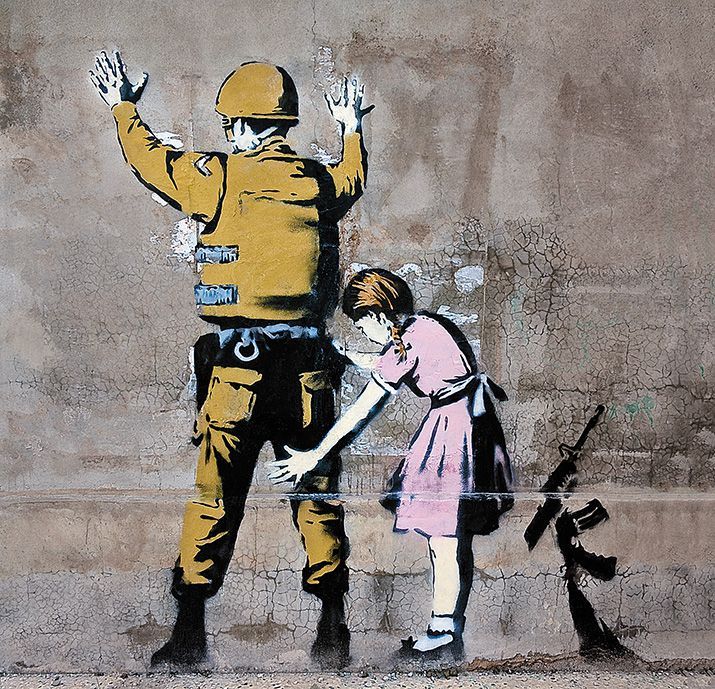Israel's Response To Shifting Dynamics In Iran Nuclear Negotiations

Israel's Security Concerns and the Iranian Nuclear Program
The core of Israel's concern stems from the perceived existential threat posed by a nuclear-armed Iran. This threat is not merely hypothetical; Iran's relentless pursuit of nuclear enrichment capabilities, coupled with its development of advanced ballistic missile technology, paints a deeply unsettling picture. These advancements represent a significant escalation in regional instability and a grave risk of nuclear proliferation.
- Iran's enrichment capabilities and their implications: Iran's advanced centrifuges, capable of rapidly enriching uranium to weapons-grade levels, significantly reduce the time it would take to produce a nuclear weapon, creating a pressing urgency for Israel.
- The development of Iranian ballistic missile technology: Iran's growing arsenal of ballistic missiles, capable of reaching Israel and other regional targets, dramatically increases the threat posed by a nuclear-armed Iran. The missiles serve as a delivery system for nuclear warheads, enhancing their destructive potential.
- The potential for nuclear proliferation in the region: A nuclear-armed Iran could trigger a regional nuclear arms race, destabilizing the entire Middle East and potentially leading to the proliferation of nuclear weapons to other non-state actors. This scenario presents an even greater threat to Israel's security.
- The impact of a nuclear-armed Iran on regional power dynamics: A nuclear Iran would dramatically alter the regional power balance, potentially emboldening Iran's proxies and undermining the stability of Israel and its allies. This shift in power could lead to increased aggression and conflict.
Israel's Diplomatic and Strategic Responses
Israel's response to the Iranian nuclear threat is not solely military-focused. It involves a complex interplay of diplomatic initiatives, strategic alliances, and international pressure campaigns. Israel actively engages with various international actors, utilizing lobbying efforts in key Western capitals, particularly Washington, D.C., to exert pressure on Iran.
- Israel's lobbying efforts in the US Congress and administration: Israel maintains robust lobbying efforts in the US, seeking to influence policy decisions related to Iran, including sanctions and engagement strategies. This involves close coordination with pro-Israel groups and lawmakers.
- Israel's engagement with European countries on Iran: Israel works closely with European allies to maintain a united front against Iran's nuclear ambitions, seeking to strengthen sanctions and prevent any weakening of international pressure.
- Israel's use of international law and forums to challenge Iran's actions: Israel consistently uses international forums, like the UN, to highlight Iran's non-compliance with international regulations and expose its clandestine nuclear activities.
- The role of public diplomacy in shaping international perceptions: Israel actively employs public diplomacy to shape international opinion about the Iranian threat, highlighting the dangers posed by a nuclear-armed Iran and emphasizing the need for a strong international response.
Military Options and their Implications
While diplomacy remains a priority, Israel maintains a credible military option as a deterrent. This involves a complex assessment of potential military actions, including cyber warfare and the possibility of a preemptive strike. However, these options carry significant risks and potential consequences.
- The pros and cons of a preemptive military strike: A preemptive strike could potentially set back Iran's nuclear program but carries the enormous risks of regional escalation and a potential wider conflict with devastating consequences.
- The potential for regional escalation and wider conflict: A military strike could spark a wider regional conflict, drawing in other regional actors and potentially leading to a devastating war.
- The limitations and risks of cyber warfare against Iran: Cyber warfare offers a less overt option, but its effectiveness against a sophisticated adversary like Iran is questionable, and there are inherent risks of unintended consequences and escalation.
- The importance of maintaining credible deterrence: Israel's military capabilities serve as a crucial deterrent against Iranian aggression. Maintaining a credible threat of retaliation is essential to dissuading Iran from taking reckless actions.
Assessing the Effectiveness of Israel's Strategies
Evaluating the effectiveness of Israel's strategies requires a nuanced understanding of the complexities at play. Success is not easily measured; it involves a complex interplay of factors, including delaying Iran’s nuclear capability, maintaining regional stability, and preventing escalation. Long-term implications, including the overall cost-benefit analysis of different approaches, must also be carefully considered. The effectiveness of any single strategy is dependent on the constantly shifting political landscape and Iran's actions.
Conclusion
Israel's response to the shifting dynamics in Iran nuclear negotiations is a multifaceted and constantly evolving endeavor. The interplay between diplomatic efforts, strategic partnerships, and the potential for military action is complex and fraught with risk. The ultimate goal is to prevent Iran from acquiring nuclear weapons, a feat requiring a sustained and adaptable approach. The challenges are immense, but the need for a robust and vigilant response remains paramount. Continue to monitor the dynamics of Israel's response to shifting dynamics in Iran nuclear negotiations for updates and analysis on this critical issue. Understanding the complexities surrounding this relationship is vital for comprehending regional security in the Middle East.

 Klimawandel Und Die Zukunft Des Bodensees Ein Blick In Die Ferne
Klimawandel Und Die Zukunft Des Bodensees Ein Blick In Die Ferne
 Kpc News Com Delving Into The Rich History Of Specific Location
Kpc News Com Delving Into The Rich History Of Specific Location
 Banksy Painting Unveiling The Mystery Behind The Tag
Banksy Painting Unveiling The Mystery Behind The Tag
 Defining The Good Life A Practical Guide
Defining The Good Life A Practical Guide
 Embrace Minimalism A 30 Day Plan For A Simpler Life
Embrace Minimalism A 30 Day Plan For A Simpler Life
